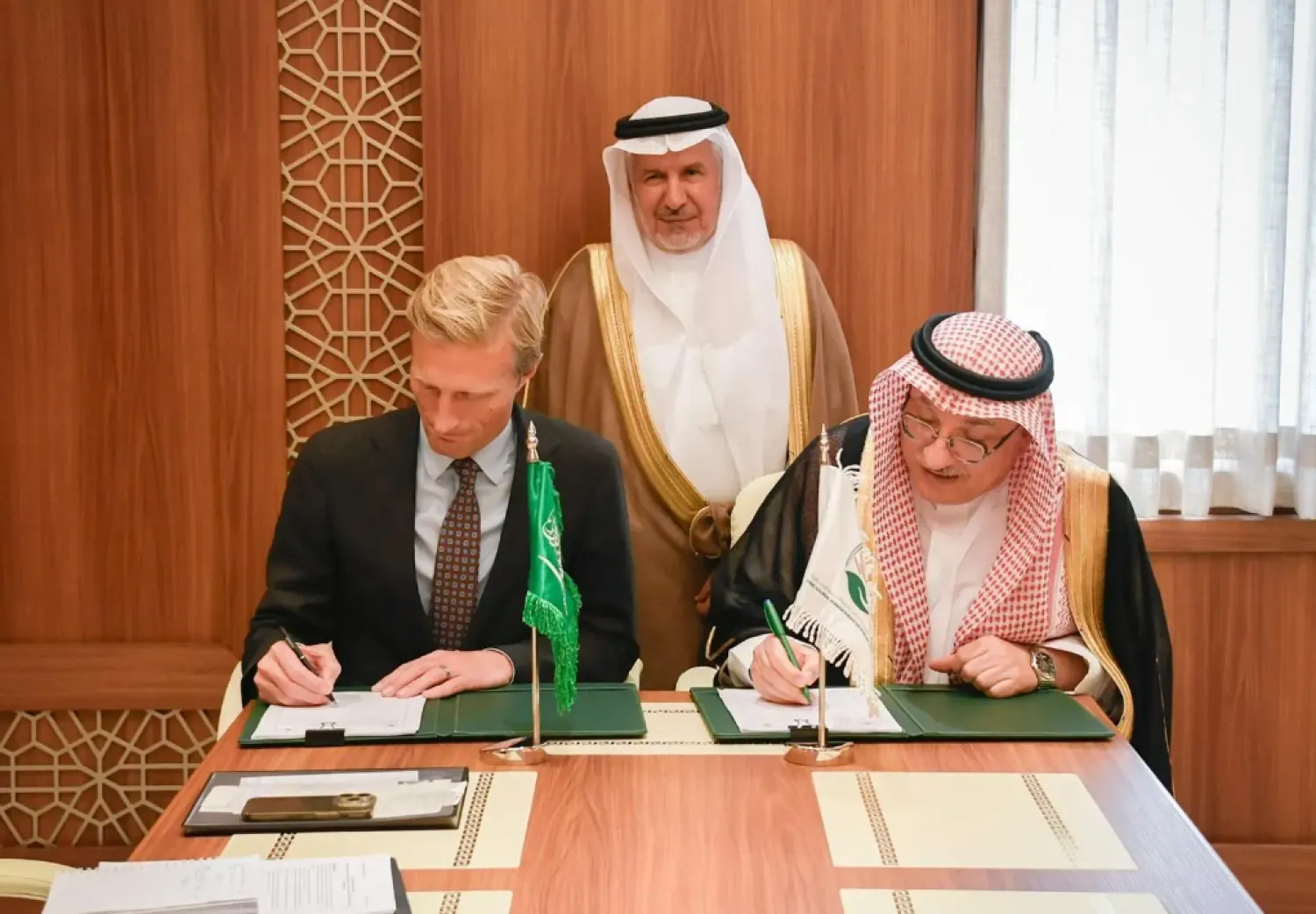King Salman Humanitarian Aid and Relief Center (KSrelief) signed on Saturday a cooperation agreement with the United Nations World Food Program (WFP) to provide $25 million in food aid to the most vulnerable families in Yemen.
The agreement was signed at the Donors' Conference to Support Internally Displaced Persons and Refugees in the Sahel and Lake Chad Region, held in Jeddah, by Senior Advisor for Medical and Humanitarian Research at KSrelief Dr. Ziyad bin Ahmed Meemish and WFP's Deputy Executive Director and Chief Operating Officer Carl Skau, according to SPA.
Advisor to the Royal Court and KSrelief Supervisor General Dr. Abdullah Al Rabeeah attended the signing ceremony.
Under the terms of the agreement, 13,798 tons of essential food items will be distributed, and the program will support activities that drive resilience by providing conditional financial assistance to participating families, aimed at establishing and rehabilitating resources that support the food chain over six cycles.
This includes the rehabilitation of agricultural lands, construction of water barriers, and provision of equipment needed by fishermen.
The initiative will directly benefit 546,364 individuals and indirectly assist 57,313 individuals in the governorates of Hudaydah, Dhale, Marib, Al-Bayda, Hadhramaut, Al-Mahrah, and Socotra.
This agreement reflects the ongoing commitment of the Kingdom to alleviating the suffering of the Yemeni people amid their humanitarian crisis, and to enhancing food security.
KSrelief Signs $25 Million Food Aid Agreement with WFP for Yemen

The agreement was signed at the Donors' Conference to Support Internally Displaced Persons and Refugees in the Sahel and Lake Chad Region in Jeddah - SPA

KSrelief Signs $25 Million Food Aid Agreement with WFP for Yemen

The agreement was signed at the Donors' Conference to Support Internally Displaced Persons and Refugees in the Sahel and Lake Chad Region in Jeddah - SPA
لم تشترك بعد
انشئ حساباً خاصاً بك لتحصل على أخبار مخصصة لك ولتتمتع بخاصية حفظ المقالات وتتلقى نشراتنا البريدية المتنوعة







